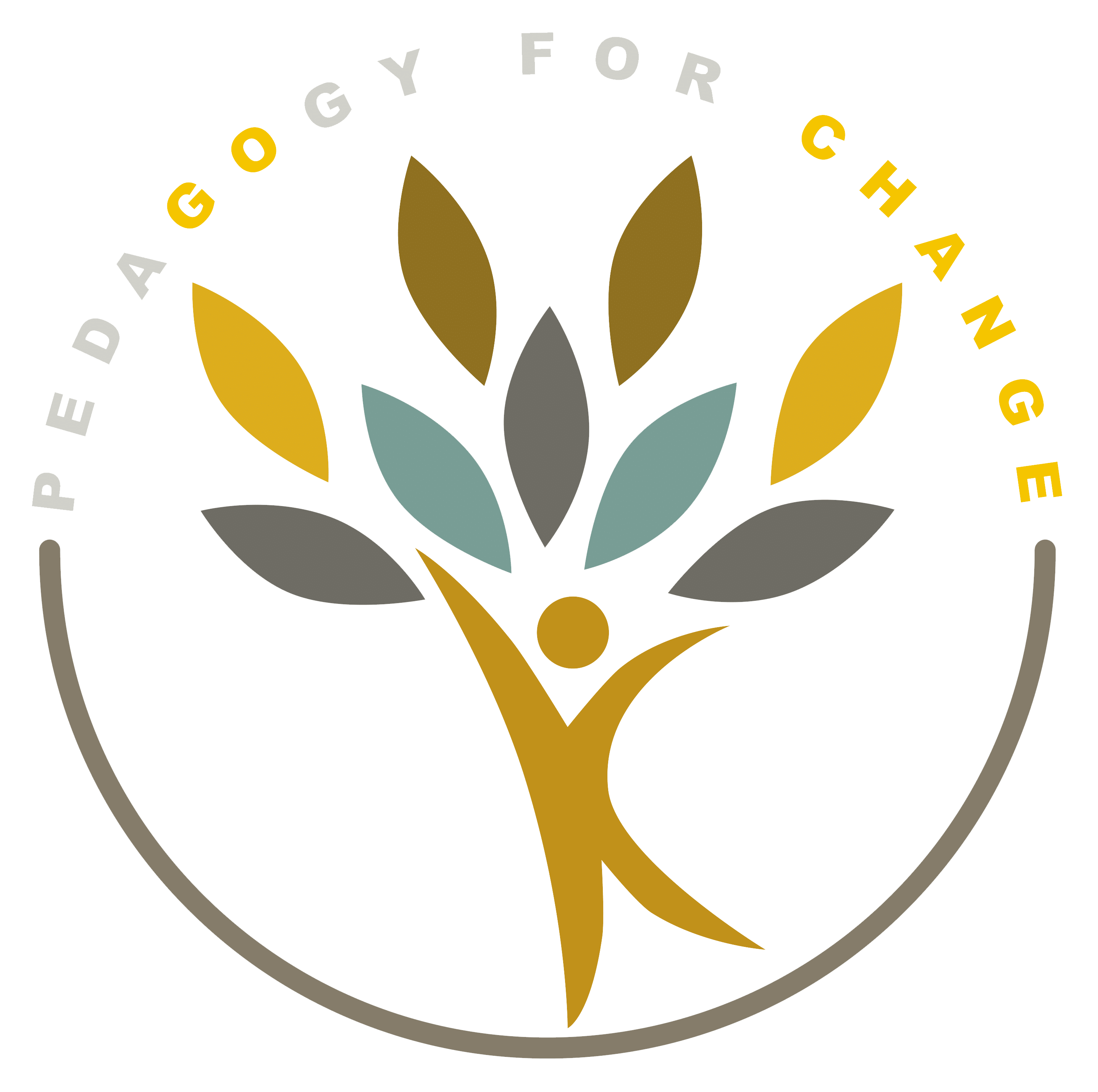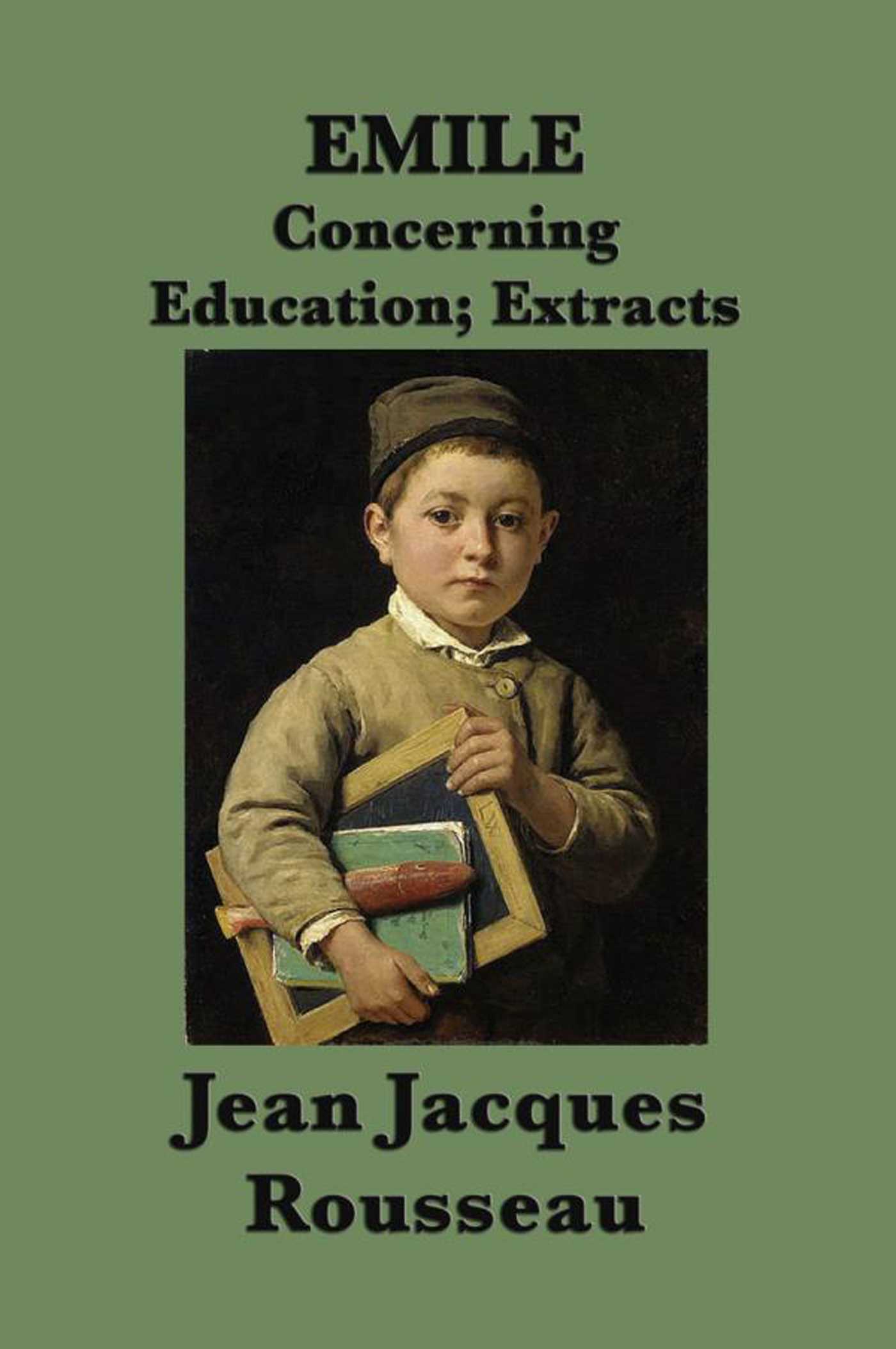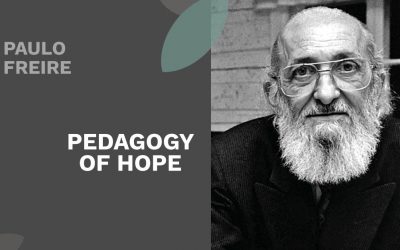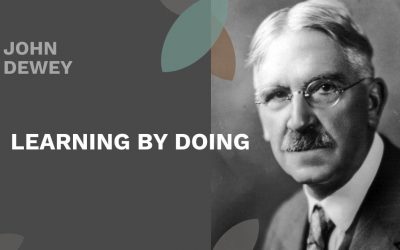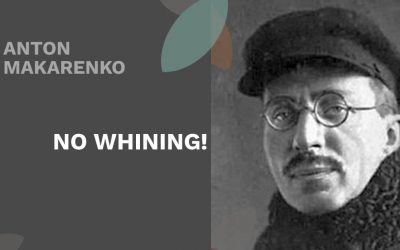


Jean-Jacques Rousseau
Rousseau wrote Émile, or On Education, 250 years ago – but the pedagogical principles described in this novel still have much to offer modern educators.
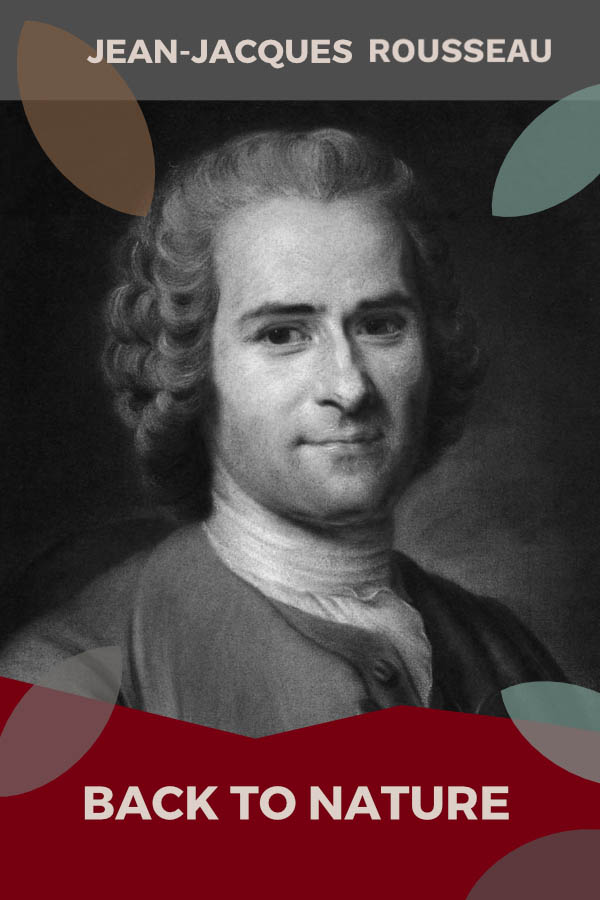
Still relevant, 250 years on?
In Rousseau’s view, humankind is good by nature – opposing other thinkers like Thomas Hobbes who believed that humans are inherently competitive and violent by nature.
Therefore, according to Rousseau, the best we can offer our children is an upbringing full of freedom, possibilities to follow their curiosity and opportunities to explore and make their own experiences. In this way, they gain become confident and self-reliant.
Today, these considerations don’t seem so strange or surprising. But when the Swiss philosopher Jean-Jacques Rousseau submitted them in his educational novel “Émile” in 1762 people took serious offence. The book was burned, and Rousseau had to flee from his home in France to avoid being arrested and thrown into jail.
This was during the times of the Enlightenment when rationality, the human mind and formal teaching were prevailing ideas. It was a completely different era then … or was it?
Well, not really. For many of us, it’s thought-provoking to see our own childhood and upbringing through Rousseau’s eyes. Whether you agree on his ideas or not, it is obvious that what he saw 250 years ago hasn’t changed much. His pedagogical principles still have a lot to offer to modern educators.
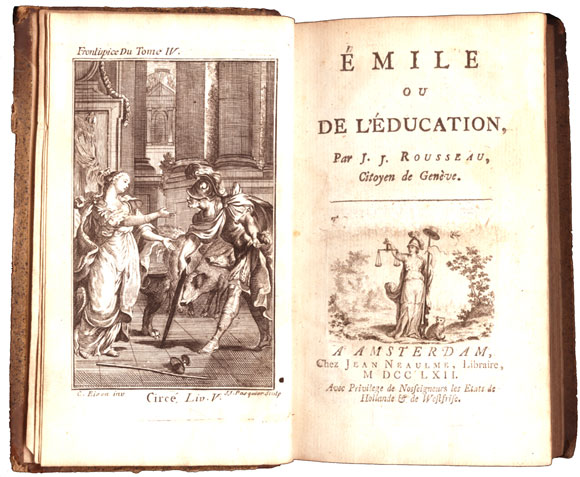
Let them jump, run and yell
Rousseau was first and foremost advocating the natural even though he was not an opponent to sensibility. He argued that the natural state of being has value in itself. It should permeate childhood – which should not just be a preparation for adulthood.
He only had spite for the “pedantic teaching mania, which was only teaching children what they could easily teach themselves.” Like walking. “Nothing is more foolish than the effort put into teaching a child to walk. As if anyone had ever seen an adult not being able to walk because of neglect from the nurse,” Rousseau mused.
“No, Émile does not need a walking aid,” he went on. “As soon as he can put one foot in front of the other, he only needs support on cobbles. Nature has means to strengthen the child’s body and make it grow. To counteract it is a deadly sin. Don’t force a child to sit still when it wants to walk or to walk when it wants to sit still. They need to be allowed to jump, run and yell as much as they want. Their constitution strives to be strong and demands movement.”
In our day and age, how does that correspond with the early school start and the widespread tendency to have children in a stroller even though they are fully capable of walking?
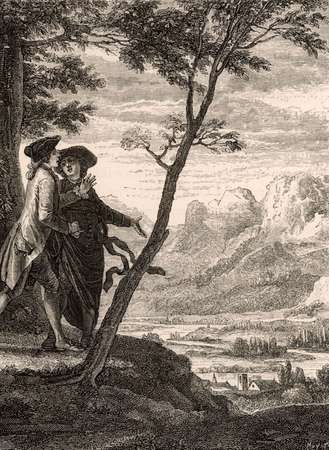
A lesson in pain
The free movement Rousseau wanted to give his student, Émile, had consequences. But that was a good thing according to his teacher.
“My student will get small bruises often. But he will always be happy. If your children get less bruised it is arguably because they are under steady surveillance, always being guarded and therefore in a bad mood,” Rousseau observed.
“I am not eager to avoid Émile being hurt. It is at that age one shall have the first lessons in courage and realise that when you can carry the lesser pains you get to practice for the big ones.”
“When going to lengths to protect the child from harm, the child will become helpless as a grownup and believe himself to be near death by every scratch,” Rousseau concluded. It is important that the child develops robustness and doesn’t end up fragile and cannot withstand a bump on the head or a nosebleed or a cut in the finger.
“If a child is so spoiled it cries over nothing, I’ll soon let it cry in vain and have that river dry. As long as the child is crying, I will not approach it, but I’ll rush to it as soon as it stops. Albeit not with a terrified facial impression. That will just frighten the child more.”
Sensibility is the goal – not the means
When we read Rousseau now, he can seem harsh in his attitude towards the bruises of childhood, but he also said that “nature has created little children to be loved and aided.”
However, parents can overdo their love by inadvertently inoculating false needs. “The safest way to make a child unhappy is by letting it get used to having what it wants,” Rousseau warned. “Because when it becomes an adult and discovers that it can’t have everything, it will dive into hopelessness and believe it can achieve nothing.”
On children acting like kings of the family Rousseau commented: “What could be more offensive and unnatural than seeing a domineering child command its surroundings and being demanding to everyone – even to the people of whom the child is depending for survival.”

Theory but no practice
Frequent walks in nature inspired Jean–Jacques Rousseau’s thoughts and theories about the true nature of humanity and consequently childhood, upbringing and education. However, his ideas were never put into practice by himself – it was pure theory for him.
In fact, he sent his own five children to an orphanage as soon as they were born. A decision he later regretted bitterly, and which prompted him write in Émile: “He who cannot fulfil a father’s duty, does not have the right to be one.”
Theory and practice, doesn’t always go hand in hand in the history of pedagogy, as in so many other fields.
Also, it is worth noting, that the thinkers and philosopher’s of the Enlightenment era were shaped by their time. Their views on class, women’s rights and not to mention ethnicity or “race” left much to desire when we look at their time with modern eyes.

“We should not teach children the sciences,
but give them a taste for them.
~ Jean-Jacques Rousseau
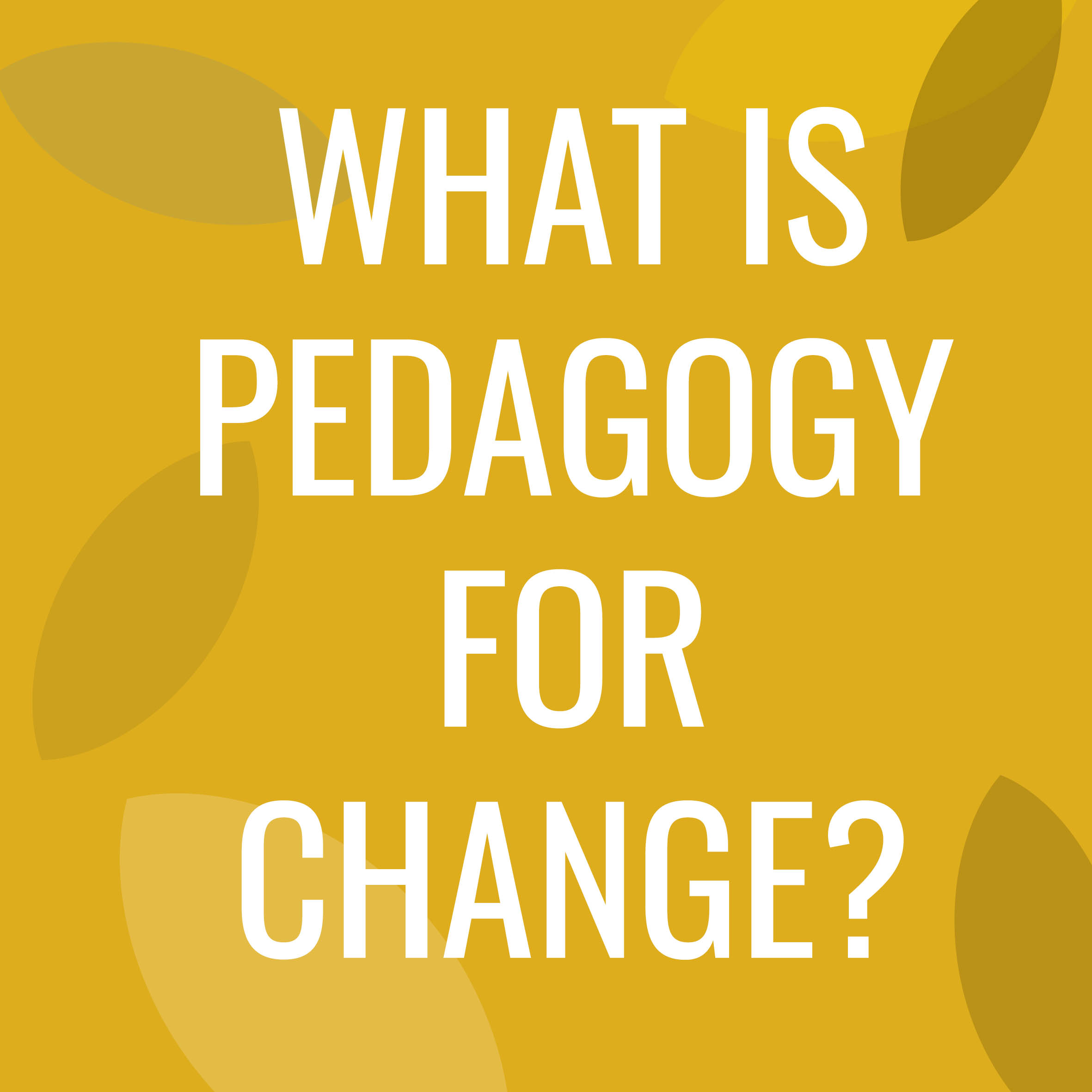
What is Pedagogy for Change?
The Pedagogy for Change programme offers 12 months of training and experiencing the power of pedagogy – while you put your skills and solidarity into action.
Studies and hands-on training takes place in Denmark, where you will work with children and youth at specialised social education facilities or schools with a non-traditional approach to teaching and learning.
In short:
• 10 months’ studies and hands-on training in Denmark, working with children and youth at specialised social education facilities or schools. At the same time yo will study the world of pedagogy with your team – a group of like-minded people. You will meet up for study days every month.
• 2 months of exploring the reality of communities in Scandinavia / Europe, depending on what is possible – pandemic conditions permitting. You will travel by bike, bus or perhaps on foot or sailing.
• Possibility to earn a B-certificate in Pedagogy.
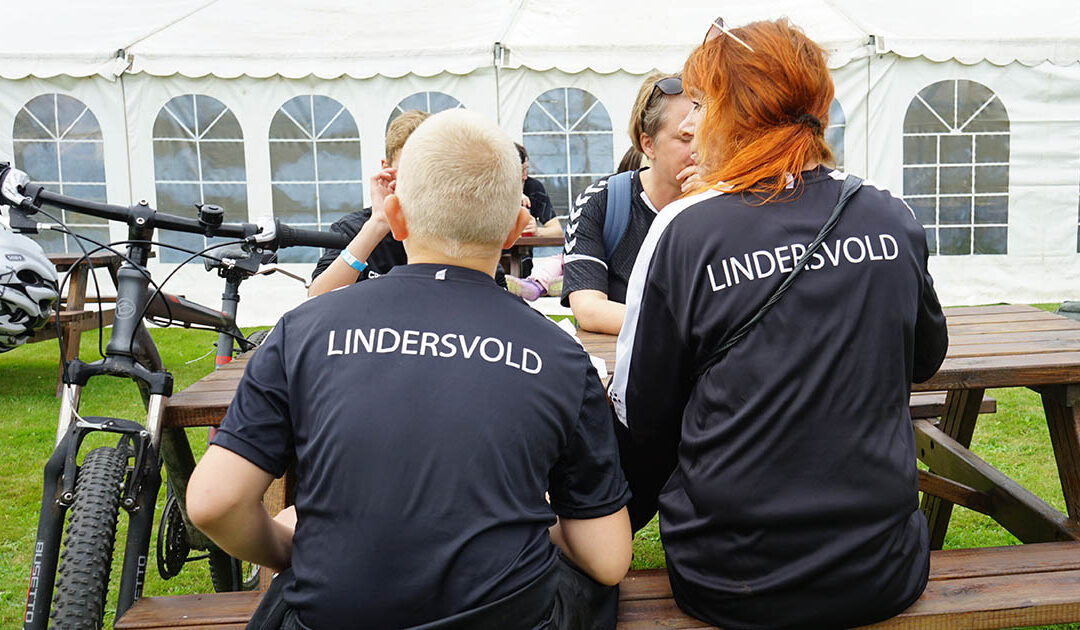
Social Pedagogy in Denmark
Scandinavian social pedagogy is known for its holistic practice which combines “head, heart and hands” – theory, empathy, and practice. A core value is respecting the individual’s rights.
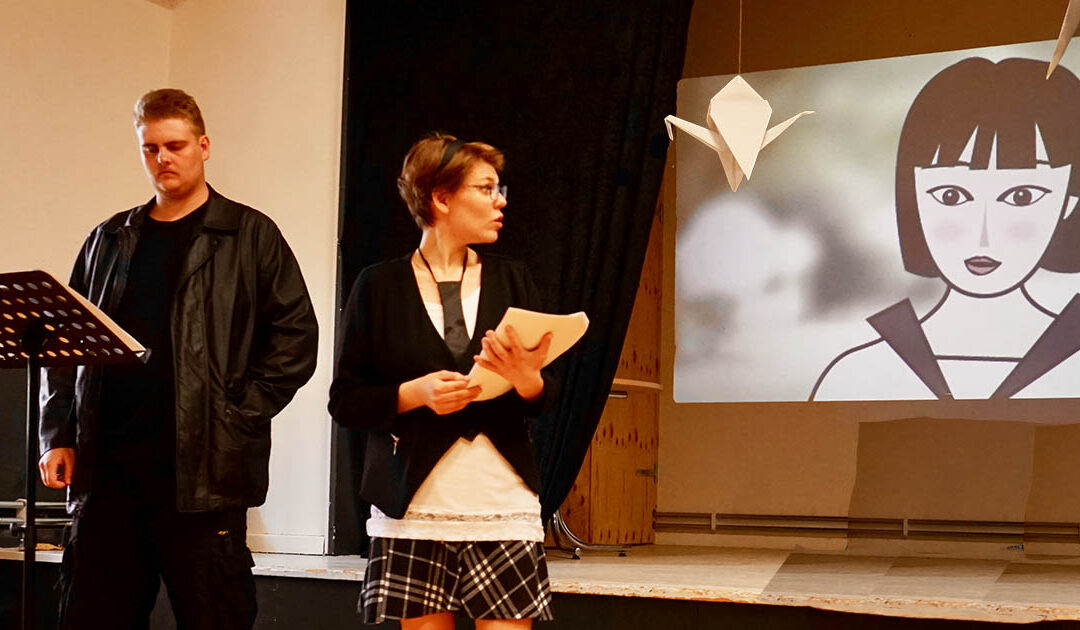
Learning through theatre
Theatre is an important pedagogical tool which provides an opportunity for us to explore realms and realities outside of the classroom, without having to travel.
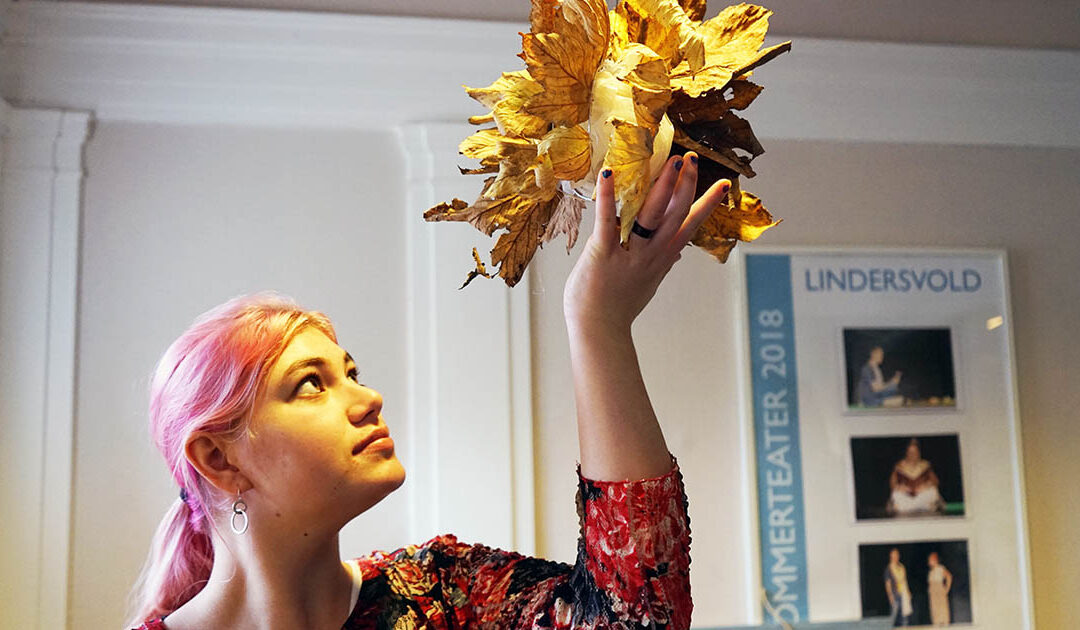
Artful expression in pedagogy
Art is a pedagogical tool which provides an opportunity for everyone to work with open-ended solutions rather than striving for conventional error-free essays or science reports.
MORE GREAT PEDAGOGICAL THINKERS
Paulo Freire
Freire’s pedagogy was originally developed for the oppressed adult illiterates of Brazil, but it also inspired teachers and social educators all over the world. Liberation & solidarity are key.
John Dewey
Education, teaching and discipline are lifelong social phenomena and conditions for democracy, according to acclaimed American philosopher John Dewey.
Anton Makarenko
Teaching, work, discipline & self-management were the main pillars in the pedagogy developed by Anton Makarenko. He became the founder of the theory of collective education.
